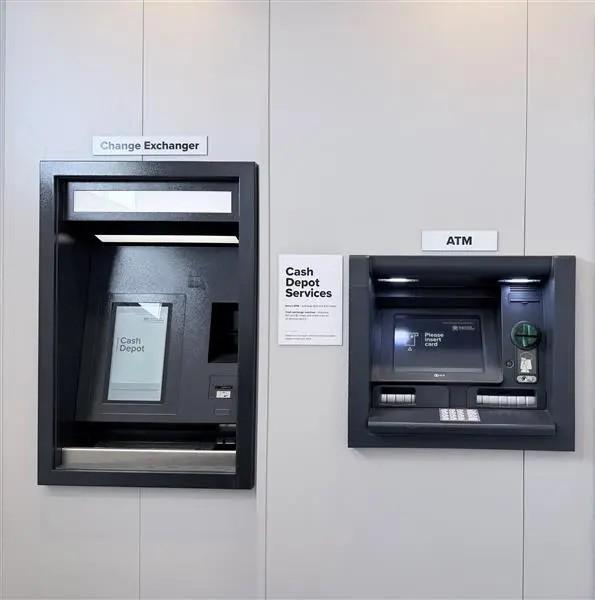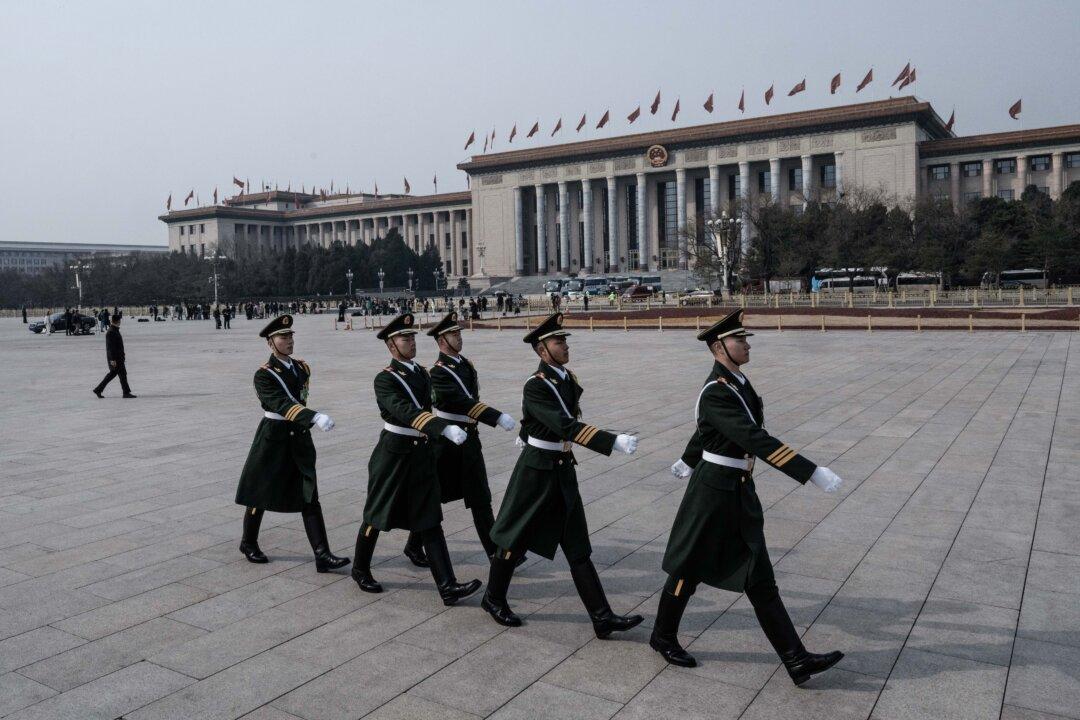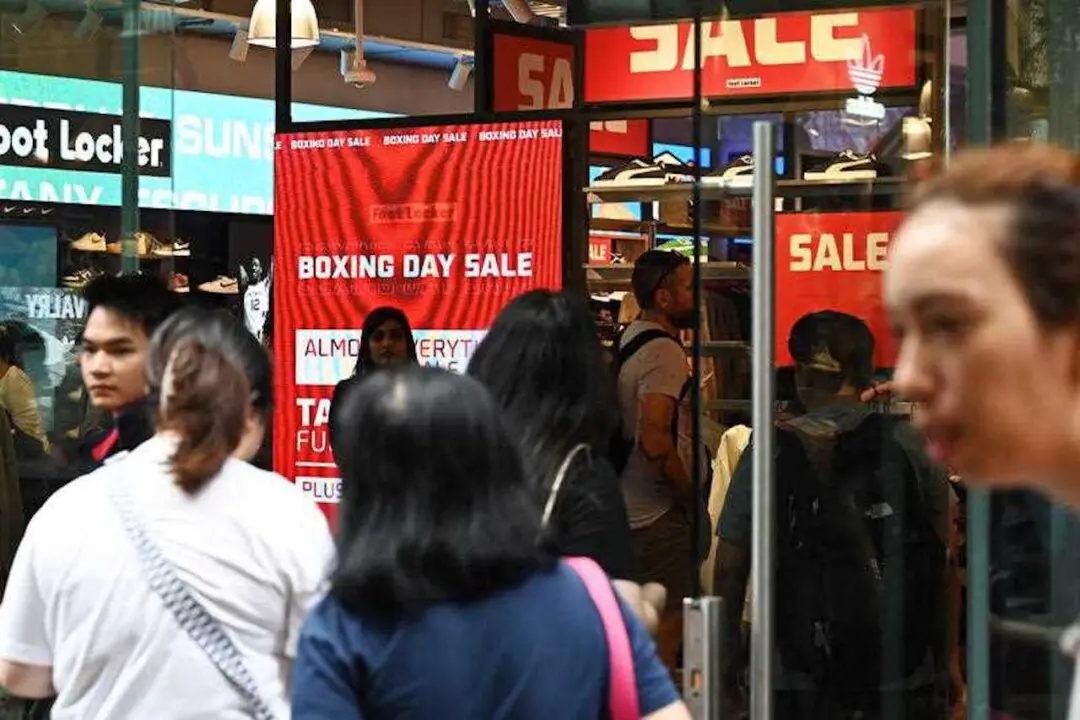As a parliamentary inquiry examines the access lobbyists have to Parliament and whether rules are adequate, it’s clear the majority of submissions think they’re not.
The think tank Centre for Public Integrity has called for the lobbying code, which guides dealings with government representatives, to be made law to ensure compliance and increase transparency. It should also include penalties for breaches and make it possible to refuse registration to lobbyists thought unsuitable or found guilty of breaches.





